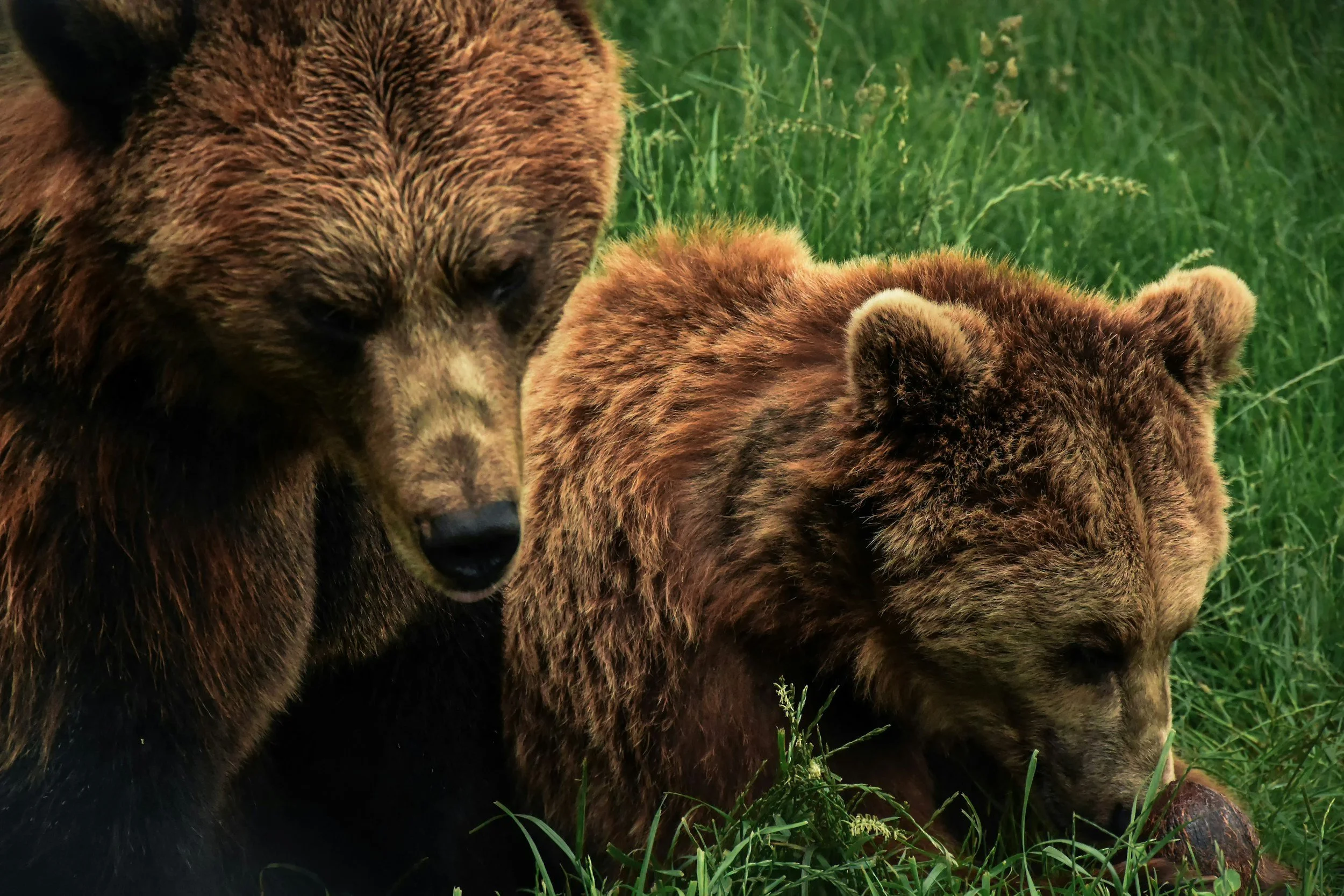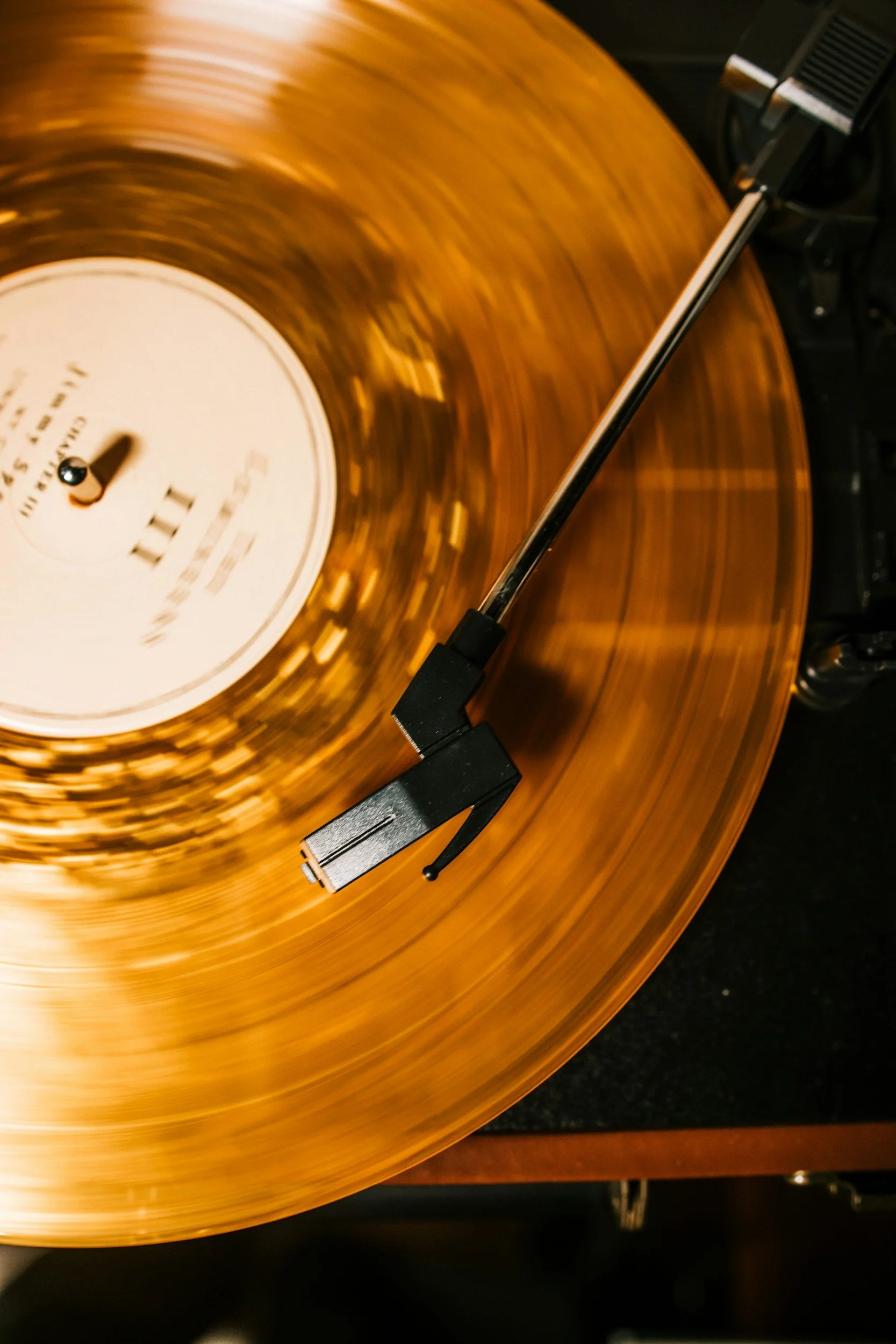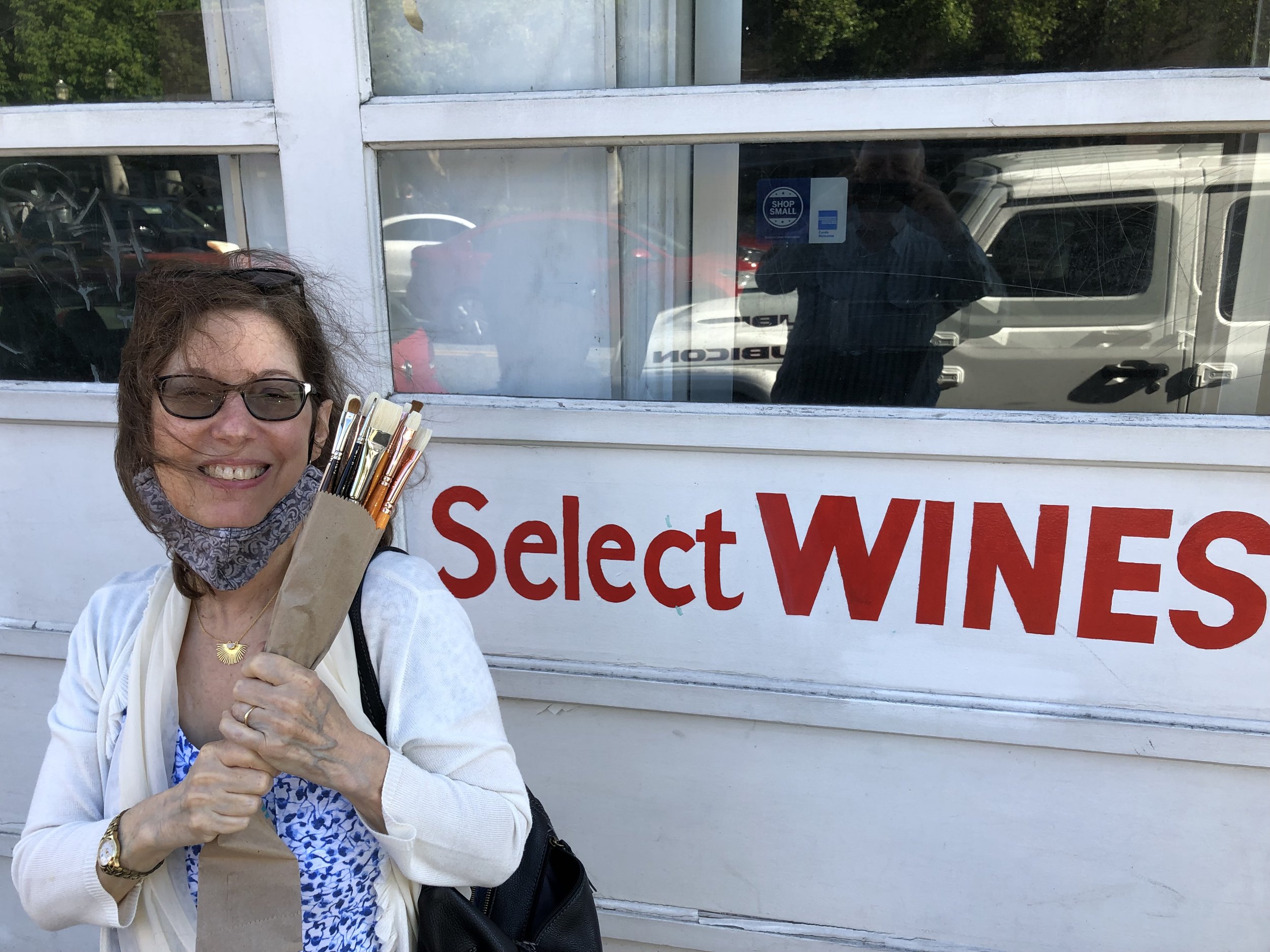The Bell
A small engraved bell with a clapper sat on the teak coffee table in the room where my father lay dying. He no longer had the strength to call my mother so this was the instrument he used to summon her. I heard it from the kitchen and went into the living room.
“Can I get you something, Dad?” I asked.
From his face-down position, wearing striped pajamas, he turned his head, and leaned toward the table and tapped it with his knuckle.
“I like this wood. It’s solid.”
This wasn’t the strangest thing he’d said, even before stomach cancer began to eat him alive. I remember thinking that even in his denial of life falling away, he—always a physicist—may have been picturing the molecular bonds that held wood together. Or who knows, the subatomic world of quarks and quantum particles. In any case the table gave him comfort. The simple act of tapping, perhaps, made him feel powerful even as cancer metastasized his bones.
Because my father loved music and could no longer play his viola, I thought it was fitting that mom had given him the bell. She’d told me about this intercom situation when I traveled from Seattle to Greenbelt, Maryland, outside of DC. I was on my way to Belgium, to the Institute of European Translators, and had just three days with my dad on this stopover. My feelings were mixed. I no longer knew what to do so I just tried not to think.
As always, coming home—even though it was the fifth or sixth home in a series; my parents were nomadic—triggered all my mishagash. Yiddish for craziness. As a daughter I’d been my father’s confidante. His go-to for emotional support. I had to institute boundaries once I realized the extent of his penchant for invading a person’s most basic right: privacy. I did this while raising my own three children. For seven years, from the time our son was one to the time our second daughter was one, my complete lack of boundaries served to enable my husband’s domestic violence.
*
What happened when my dad was dying wasn’t different than while he was in the thick of life. He didn’t seem to hear my question regarding why he’d rung the bell. He wasn’t thirsty or hungry. This was during the Ensure stage, when he had to be coaxed to get even a few mouthfuls of that substance down into his blocked esophagus. He was weakening by the day. Communication between us always held a mysterious element, one that intoxicated me with power as a little girl, made me the victim of rape by my drama teacher as a fifteen-year old, and would gain me a reputation for promiscuity by the age of twenty.
Yes, when a daughter becomes the target of emotional intensity that should be reserved for a wife, ramifications unfold throughout that daughter’s life, long into her crone years. I would be dug into chronic pain by the age of fifty-five, and would be dealing with the repercussions of never having had the privilege to say ‘no’ well into my late sixties. Abandonment is not an option for a child, if she is to survive her firstborn girl role in a Jewish family. Add to this the fact that my father was the son of a holocaust émigré, Bubbha, who spat on our heads when we entered her brick townhouse in Montreal, and you have a recipe for, well, unsolvable issues.
At the point when I walked in the door on arriving at Dulles for a prior visit, he’d been sitting up at a small table with a laptop computer in front of him, black patch over one eye, and his opening words were, “I’m going to continue my work here.”
“That’s great,” I said.
This time on the way from the airport my sister had warned me to expect a big change—and not a good one, since my visit a month earlier. He was capitulating to the prone position. He’d not done any of his important work, and he didn’t know what he wanted. Seeing him this way, drawn and gaunt, his body weight less than two thirds of what it had been, was somewhat horrifying.
I leaned over and hugged him.
“Dad, I’m sorry I wouldn’t listen when you wanted to talk to me. I--I just love you…” I began to say.
“That’s all I was trying to say,” he replied, and we hugged one another.
I thought the fence was mended. Formidable years lived under his unstable rule—a raft of bare-bottom spankings, the unpredictable rages, his turning the family car around on the New Jersey turnpike after driving a third of the way to Montreal—oh dear, a bridge framed in open metalwork? Did he think bridges had been outlawed? Why embark on a trip with your wife and children if you couldn’t finish what you started? If you were prone of panic attacks at the sight of heights.
Was he not aware of all I knew by the age of four: an open staircase brought up his acrophobia? I didn’t know the term, but I knew the slinking, skulking behavior of genetic fear.
At the time I thought that single hug with a man who had discharged much of his emotional energy on my child-self would change my life. Memories would recur but the act of forgiveness taken place. Merton says forgiveness is a decision. It doesn’t solve anything, rather, it paves the way for a new beginning. Here we were at the end of our relationship. The end or beginning didn’t seem to matter at that moment.
“I’ll just rest now,” he said.
“Well ring the bell if you need anything,” I said, and turned to walk through the kitchen and into the dining room, two tiny adjacent rooms. I sat down at the table in front of one of mom’s sticky plastic place mats, put my head in my hands, and wept.
*
After my father died, his wishes were carried out by my mother. His body was cremated. His brother and sister-in-law were horrified at this revisionist take on the Jewish burial laws. My mother was not. She dumped his urn of ashes into the root ball of a Hawthorne tree at the time of planting. I thought the Hawthorne a fitting memorial for a man whose life work revolved around the sun, who had suffered under the yoke of a Polish mother whose marriage was arranged. Whose people were persecuted and driven from Germany by Hitler. Driven or gassed. In his mother’s case, Winnipeg was salvation although for her, Delatyn would never be matched by the flat plains of a land so foreign it held neither mountains nor seas.
And then there was the cold. Stories of my father’s past come back to me as I sit in limbo, neither redeemed nor forgiven for my role in whatever passed between us, though I know rationally it was not my fault.
In one little history, he plays hockey, gets called “Oscar Four Eyes,” and walks home with a frostbitten ear. Did these incidents happen separately? In another remembrance, he gives a friend a broken pen as a birthday present, and never recovers from the ineptitude of such a gift.
I know he was poor growing up, and that education—his PhD, his consulting at NASA after retirement—comprised his way out. I recall how, on his death bed (a hospital crib brought into the house on Crescent Road that would become his hospice) he reassured me by saying “I’ve put the money in a safe place”.
Or did he say “I have the money”? They say death is a tunnel you walk into. Some say it is a tunnel of light. I saw my father walk and was relieved that we had forgiven one another. Yet somehow there was a hole in the middle of the journey such that neither one of us emerged.
Each spring he returns as a red-headed woodpecker, the bird I deemed his avatar even before he was close to death. I hear the woodpecker’s high clear series of piping calls. I listen to it bang its yellow beak against the chimney. Before I moved here, someone cut this vent from its blue Latvian woodstove. It’s merely a flue that goes nowhere. The woodpecker tap tap taps, always looking for a mate.
-Judith Skillman
Judith Skillman is the author of twenty-one full length collections. Her poems have appeared in Cimarron Review, Descant, Threepenny Review, Zyzzyva, and other literary journals. She is the recipient of awards from Academy of American Poets, Artist Trust, and Washington State Arts Commission. A dual citizen of Canada and the US, her recent collection is A Landscaped Garden for the Addict, Shanti Arts Press. Subterranean Address—New & Selected Poems 2014-2022 is forthcoming from Deerbrook Editions. Skillman teaches for Hugo House. Visit www.judithskillman.com













